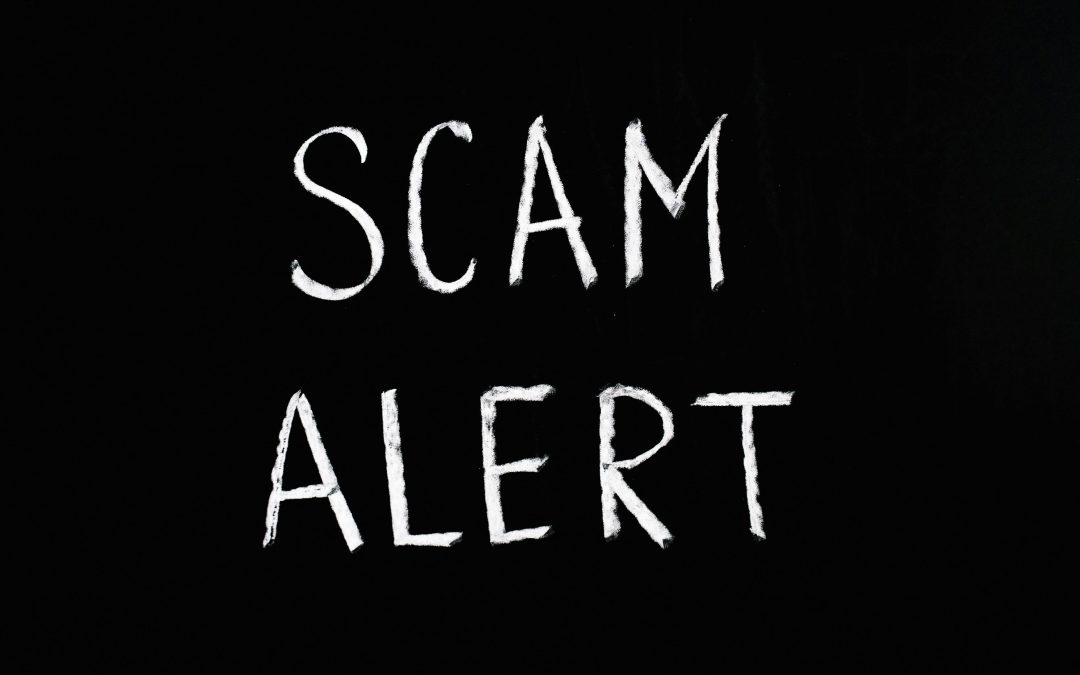Publishing is an unregulated industry. Freelancing is unregulated, too. Gig workers don’t receive benefits like healthcare coverage, retirement contributions, and other perks that employers use to make full-time employment attractive. In short, freelancing isn’t for the faint of heart.
And it helps tremendously to have a partner who has a steady income, especially during those dry spells when gig work is hard to come by.
For me, 2023 and 2024 have been brutal. Following COVID-19, an already highly competitive market of freelance writers and editors swelled with a glut of new entries into the market, folks not wanting to go back to the office and thinking that freelancing was a quick and easy way to make lots of money. Scammers, always prevalent, increased in number to take advantage of those hungry gig workers.
I like to think I’ve grown pretty good a detecting them.
Recently, I submitted a proposal for a project consisting of writing articles. The job description stated that content briefs would be provided. The prospective client soon contacted me with flattery (my portfolio was impressive) and an offer of the lofty rate of $1.50 per word for two 1,400-word articles. No interview was needed: I was hired! Payment, the client said, would be made by the “sponsors” of the articles, not him. That’s a new twist.
The check arrived via USPS Priority Mail from Union City, NJ. A quick Google search did not find that business at the return address (in Union City, NJ) printed on the envelope. That same search found the sender’s name and business, a confectionery, in New York City, NY. As the client stated, payment would come from someone else, not him.
And so the discrepancies began.
The check was made out for the full amount: $4,050 for both articles due by February 20, 2025. He signed my contract and returned it, although the signature looks like a doctor’s prescription: impossible to read. Really, I can’t hold that against him.
The content brief contained the topics of the articles (“internet and youth development” and “social media and mental health”) and a handful of key points to address for each topic. The articles were “intended for an upcoming social sensitization program/webinar aimed at students aged 15 to 21.” I’m not sure how two articles of 1,400 words each fit into the online learning environment of a webinar, but I’m no expert in course design.
The client is Charles Hartman (which I doubt is his real name). I checked his email address (itproffllc@gmail.com). The “itproffllc” comes up with some close matches: ITPro.com (an IT company), IT Pro US, LLC (another IT company), and itprofiler+llc (a provider of journalism articles). Why would any of those companies be used to hire a writer? Granted, the article topics would be appropriate to the first two possible companies.
Hmmm.
Mr. Hartman sent me proof of delivery for the check and requested that I deposit the check immediately and send him proof of deposit. Um … no. I had to do my due diligence first.
Of course, I checked the check. The paper is not watermarked. The “rub here for validation” mark doesn’t darken when rubbed. There are no other security features I can detect with the naked eye. The ABA confirms the routing and account numbers exist as well as the bank to which those numbers are assigned.
Hmmm.
According to the check, the sponsor paying for the articles is an ammunition company. I called the company. They were closed for the weekend. So, I used their contact form to send a message requesting verification that the gig and the check are legitimate. I assured them I wouldn’t deposit the check until I received such verification.
I know they’re not. Also, why would an ammunition manufacturer want articles on those topics? Why would one company pay for articles for both companies? Why would a confectionery want an article on the assigned topics?
Hmmm.
I’ve been down this road before. The twist in this little adventure is the so-called client’s insistence that I deposit the check immediately and show proof of deposit. Were I not cynical and suspicious, I might have allowed the urgency of that request to send me to the ATM to deposit the check right away.
I can see two outcomes that would have happened had I deposited the check. One is that I’d receive another check from the other sponsoring company and be asked to refund the overpayment. Another is that Mr. Hartman would someone glean my bank information from the proof of deposit then use that information to drain my bank account. Of course, my own financial institution would penalize me for cashing the fraudulent check. Regardless, I’d be out a lot of money.
Scams like this are growing more sophisticated. Do your due diligence.
Even when you’re not the customer, caveat emptor is the rule of the day.
Hen House Publishing is happy to do business with honest customers.

